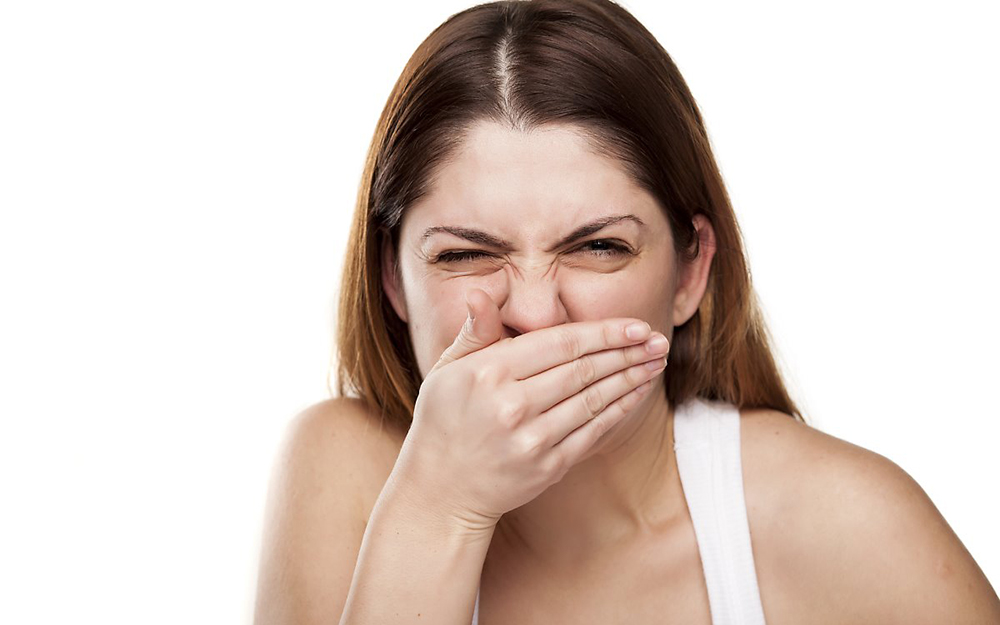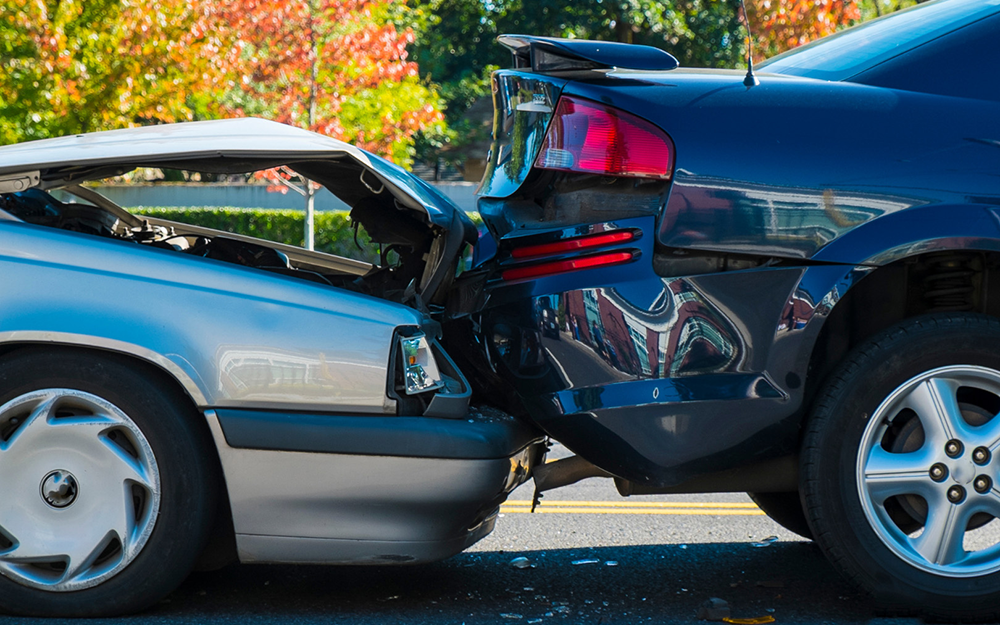
BY DR PETER KADILE
Dr. Kadile, I frequently will have hiccups after drinking beer but not wine. The hiccups will usually last until I sleep them off and be gone by the morning. What exactly causes hiccups and is there a faster way to get rid of them?
John, La Quinta
John, hiccups are caused by involuntary spasm of the diaphragm. The diaphragm is the muscle that separates the chest cavity from the abdominal cavity and is responsible for respiration. Why hiccups actually occur and why certain people are more prone to them is unknown, but the condition has been associated with:
- eating hot food
- eating too much
- eating spicy food
- drinking carbonated beverages
- drinking alcohol
- heartburn or acid reflux
- certain medications for pain and sedation
- increased stress, excitement or anxiety
There is no known 100% effective cure for hiccups, but several remedies are popular and may work, such as holding your breath or getting scared. When you hold your breath, your body retains carbon dioxide and causes your brain to focus on improving oxygen supply relieving the diaphragm spasm. Getting scared may restart your breathing pattern, thus relieving the hiccups. Other possible solutions:
- slowly drink ice cold water
- gargle with very cold water
- bite a lemon
- swallow a teaspoon of sugar
- breathe into a paper bag
Hiccups will generally go away on their on in less than two days, but if they persist any longer, then you should see your doctor for further evaluation since they can be associated with some serious medical conditions. There are prescription medications that may help, but in my experience these medications rarely work.
Dr. Kadile, I’m always worried that I have bad breath. What is the best type of gum to prevent this?
Victor, Desert Hot Springs
Victor, several preventive measures should be taken before using gum for bad breath (halitosis). A variety of things, including diet, medication, lifestyle and poor oral hygiene can cause bad breath. Brushing your teeth at least twice a day and flossing will help prevent bad breath. Don’t forget to brush your tongue, too. Obviously be aware that certain foods such as onions, garlic and curry can contribute to bad breath,
Keep your mouth moist by drinking a lot of water. Add to the already long list of why smoking is bad because that disgusting habit obviously causes bad breath.
Gum and breath mints were always thought to just mask a person’s bad breath, but a recent study funded by Wrigley, showed that certain flavored gum may actually eliminate the bacteria that cause bad breath. Several plant essential oils kill the germs that cause cavities and bad breath. Some germs in the mouth produce hydrogen sulfite, which has a bad odor. The study found that unflavored gum had no effect. Chewing Big Red, decreased the odor causing germs by 50%, because the gum contains cinnamon oil, a known germ killer. Chewing a different flavor of gum, other than cinnamon, resulted in a 42% reduction in hydrogen-sulfite-emitting germs, probably because the different flavors used different types of plant essential oils.
So Victor, go for the cinnamon flavored gum.
Dr. Peter, I know I should avoid garlic or onions to prevent bad breath, but are there any foods I can eat to help reduce bad breath? Julie, Palm Springs
Julie, chewing on parsley or mint can prevent bad breath. Other herbs such as coriander, spearmint, tarragon, eucalyptus and rosemary are beneficial halitosis fighters. Yogurt with live cultures reduce odor causing bacteria in your mouth. Fiber rich fruits and vegetables such as, apples, carrots and celery increase saliva production which decreases halitosis. Vitamin C rich foods like berries and citrus fruits create an oral environment that limits bacteria growth, thus reducing bad breath.









































